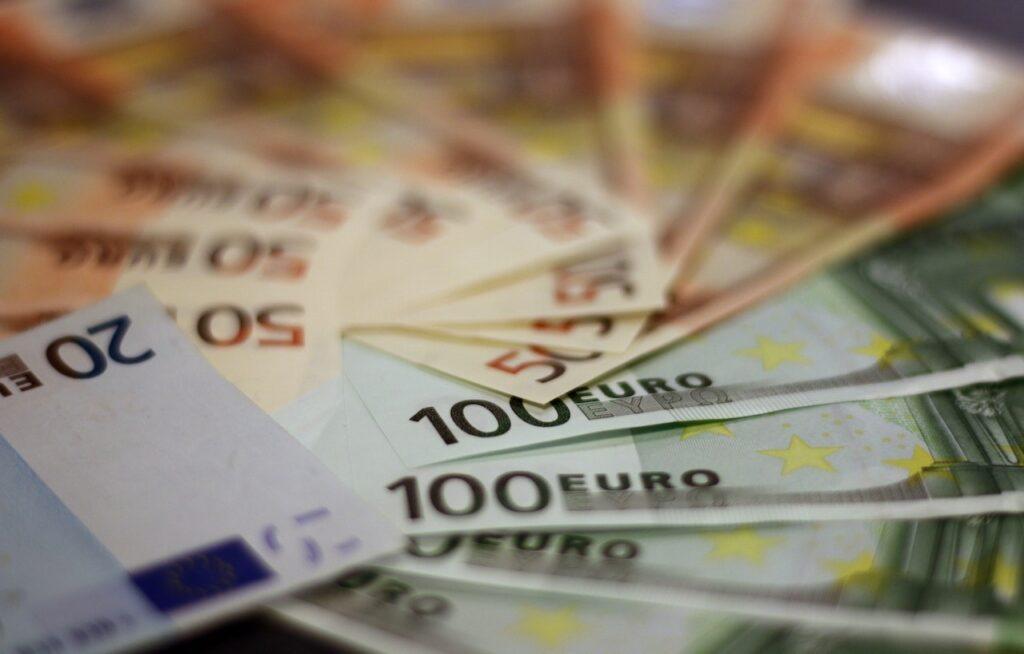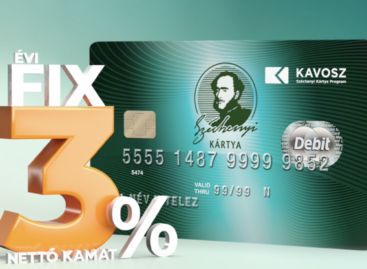In February, German and Eurozone economic sentiment improved more than expected
By February, the economic sentiment index of the ZEW economic research institute in Germany and the euro area rose unexpectedly to a twelve-month high.

ZEW’s economic sentiment index (ESI), looking ahead six months, jumped to 28.1 points in February from 16.9 points in January. The average of analysts’ expectations was 22.0 points. This January, the indicator returned to positive territory for the first time since February 2022, when the Russian invasion of Ukraine began.
The value reached in February is the highest since last February, when the indicator stood at plus 54.3 points, and then fell to minus 39.3 points in March. The index reached its lowest value last year in September at minus 61.9 points, which was even below the minus 49.6 points in March 2020. In 2020, the year of the coronavirus epidemic, the indicator had the only negative value in March.
Related news
Stagflation and structural erosion in transportation: the profit recession of the Hungarian SME transportation sector has been going on for nine quarters
🎧 Hallgasd a cikket: Lejátszás Szünet Folytatás Leállítás Nyelv: Auto…
Read more >Related news
Nestlé to sell remaining ice-cream assets but commits to Froneri venture
🎧 Hallgasd a cikket: Lejátszás Szünet Folytatás Leállítás Nyelv: Auto…
Read more >Lidl guarantees fairer prices for cocoa farmers
🎧 Hallgasd a cikket: Lejátszás Szünet Folytatás Leállítás Nyelv: Auto…
Read more >40 secure jobs, sustainable solutions – new BURGER KING® in Csepel
🎧 Hallgasd a cikket: Lejátszás Szünet Folytatás Leállítás Nyelv: Auto…
Read more >








